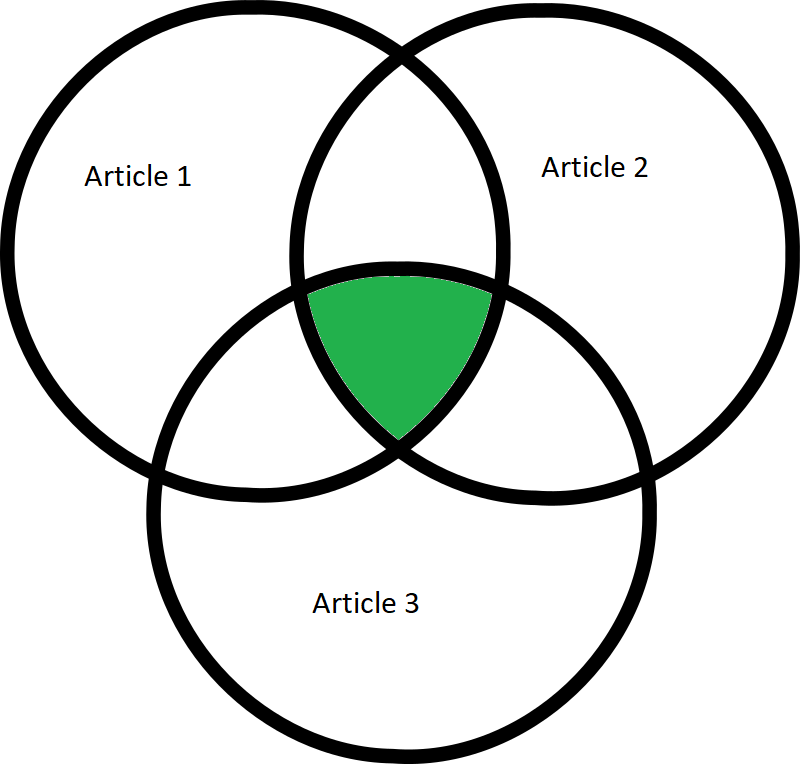 Scholarly articles, ebooks, and primary sources in the social sciences, humanities, earth and biological sciences, and more. Includes images from libraries, museums, and archives.
Scholarly articles, ebooks, and primary sources in the social sciences, humanities, earth and biological sciences, and more. Includes images from libraries, museums, and archives. Academic Search Complete (EBSCOhost)
Articles in all subjects from scholarly journals, magazines, and newspapers. An all-purpose database and often a good place to start.
Combined Search
Combined Search helps find articles, books, and videos from the library collection.
Note: Combined Search results include both online content and paper books available for pickup at the library. Follow these instructions to request a book (PDF) be held for pickup.
All Library Databases by Subject/Type
All of the library's online collections, organized by subject or type.
A streaming video service with documentary, educational, and feature films.
Notes: PERSONAL ACCOUNT REQUIRED to watch videos. To create an account on Kanopy, use the orange Visit the Normandale Collection button. If you already have a Kanopy account, sign in using the Login link.
The Library pays a per-view fee for Kanopy. To keep costs down, only use Kanopy for educational purposes.
Films On Demand
 A streaming video service with documentaries, newsreels, and other educational films on many topics.
A streaming video service with documentaries, newsreels, and other educational films on many topics. Feature Films for Education
A streaming video collection of hundreds of feature films selected for educational use. Includes blockbusters, classics, and hard-to-find titles.
For more strategies and information on this topic please see the Recognizing Misinformation on the Internet Research Guide.
Lateral Reading Strategies:
- Find information on the author: Google the author's name. Do they have a Wikipedia page? A LinkedIn page? A biography on a university or legitimate news site? Read through this information. What is the author's education and experience? Have they written for websites/newspapers/magazines that you are familiar with and trust?
- Check some fact-checking sites for help: Many claims have already been fact-checked for you. Try these sites:
- Find information about that website on Google: A search string that excludes results from that website will be helpful (example: New York Times -nytimes.com).
- Triangulate: Read through at least three articles on the same subject. These three stories will probably vary in the information that is presented. Taken together though, you should have a good idea of what the truth on the issue is. Think of it like the Venn diagram below. The green area is where all the articles agree. This is the information that should be trusted.

- Find information on the website using Wikipedia: Wikipedia isn't a source you want to cite in your research paper, but it is helpful for learning about a website or news source. Oftentimes, you will find information on who funds the site or political leanings that are common.

Call, e-mail, or chat with a librarian for more research assistance. We're happy to help!
(952) 358-8290
Email
 David Vrieze Daniels
David Vrieze DanielsResearch and Instruction Librarian
david.vriezedaniels@normandale.edu
Note: Your chat question may be directed to a librarian from another college when Normandale librarians are unavailable.